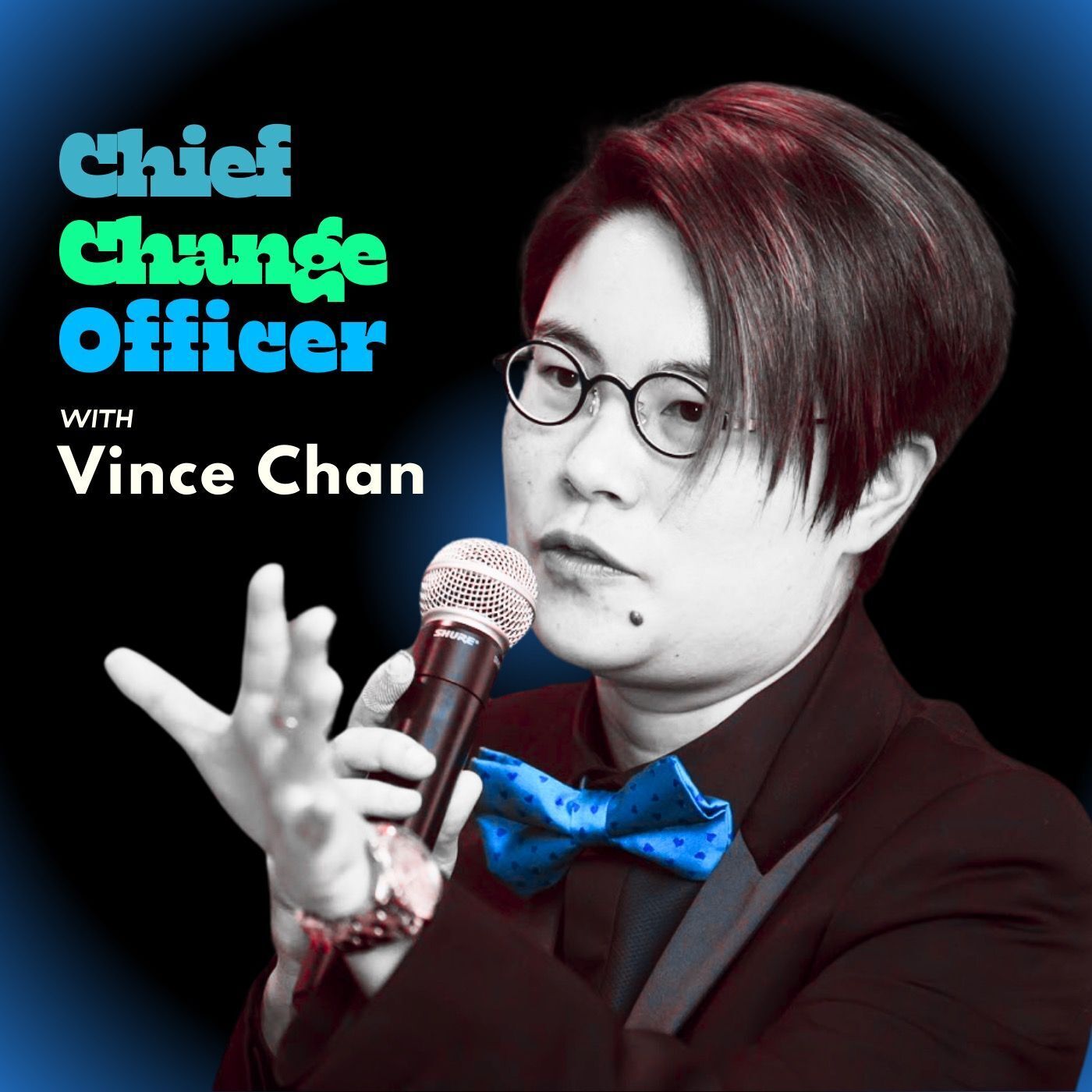#406 Richard Carson: Diagnosing Dysfunction, One Broken System at a Time — Part Two
Before Richard Carson wrote The Book of Change, he was writing letters to newspaper editors and fixing chaos in city hall.
In Part 2, we unpack how Richard’s 39-step framework came to life—from a career shaped by failures to a model refined by fieldwork. Richard explains why he borrowed diagnostic tools from medicine, how COVID and AI are reshaping his thinking, and what consultants often forget: you’re not there to impress, you’re there to listen. It’s a masterclass in what it really takes to move people—and systems—without losing your common sense.
Key Highlights of Our Interview:
The Model That Stuck
“Every step in the 39 comes from something that broke.”
Richard’s framework isn’t theoretical—it’s field-tested.
You’re Not a Consultant. You’re a Doctor.
“I borrowed from the NIH diagnostic model.”
Why organizational dysfunction is more like illness than inefficiency.
Don’t Skip the Kickoff
“You don’t send an email. You sit down, answer questions, get buy-in.”
The part of change most leaders rush—and shouldn’t.
AI Isn’t a Leader
“You can’t automate trust. You can’t outsource belief.”
His biggest concern about the rise of artificial intelligence.
How Change Shows Up at Home
“I told my boss I was going back to school. He said no. I quit.”
Why he applies his own model to life, not just work.
Listen Like It Matters
“I don’t need your advice—I need you to hear me.”
The line from his wife that became a leadership principle.
_______________________
Connect with us:
Host: Vince Chan | Guest: Richard H. Carson
--Chief Change Officer--
Change Ambitiously. Outgrow Yourself.
Open a World of Expansive Human Intelligence
for Transformation Gurus, Black Sheep,
Unsung Visionaries & Bold Hearts.
EdTech Leadership Awards 2025 Finalist.
20 Million+ All-Time Downloads.
80+ Countries Reached Daily.
Global Top 1% Podcast.
Top 5 US Business.
Top 1 US Careers.
>>>180,000+ are outgrowing. Act Today.<<<
See Privacy Policy at https://art19.com/privacy and California Privacy Notice at https://art19.com/privacy#do-not-sell-my-info.
Press play and read along
Transcript
Transcript is processing—check back soon.





